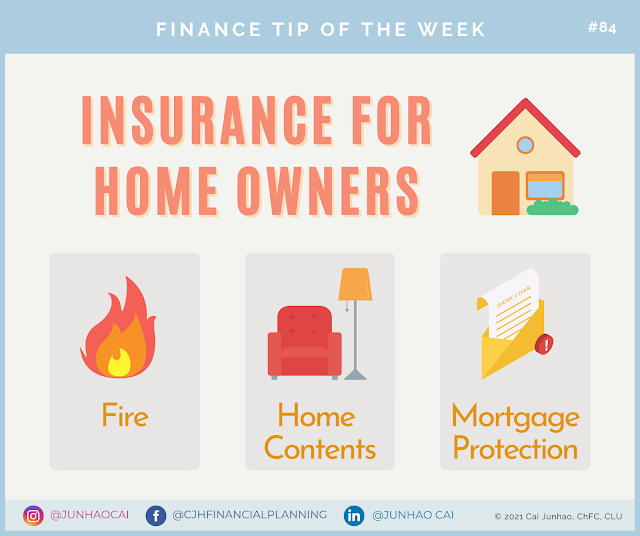How to Achieve a Million Dollars by Investing

It is often said that the first million is always the hardest . Assuming you are building your wealth from scratch and not raking in a six-figure monthly income like a professional footballer, you may have bills to pay, family to feed, and risks to worry about. So how can you do it in a reasonable amount of time? The answer is simple (but not easy) - Discipline and Compound Interest . Firstly, we need to instill the discipline of "paying yourself first". This means setting aside a non-negotiable proportion of your income into investments every payday. I recommend 10-20%, but you can do more if you wish to. This money must not be touched for any purpose other than for growing it. Next, we need to choose where to invest this money, and use the effect of compounding to grow it. As Albert Einstein said, " Compound interest is the eighth wonder of the world. He who understands it, earns it. He who doesn't, pays it. " The type of instrument that you invest in makes...








